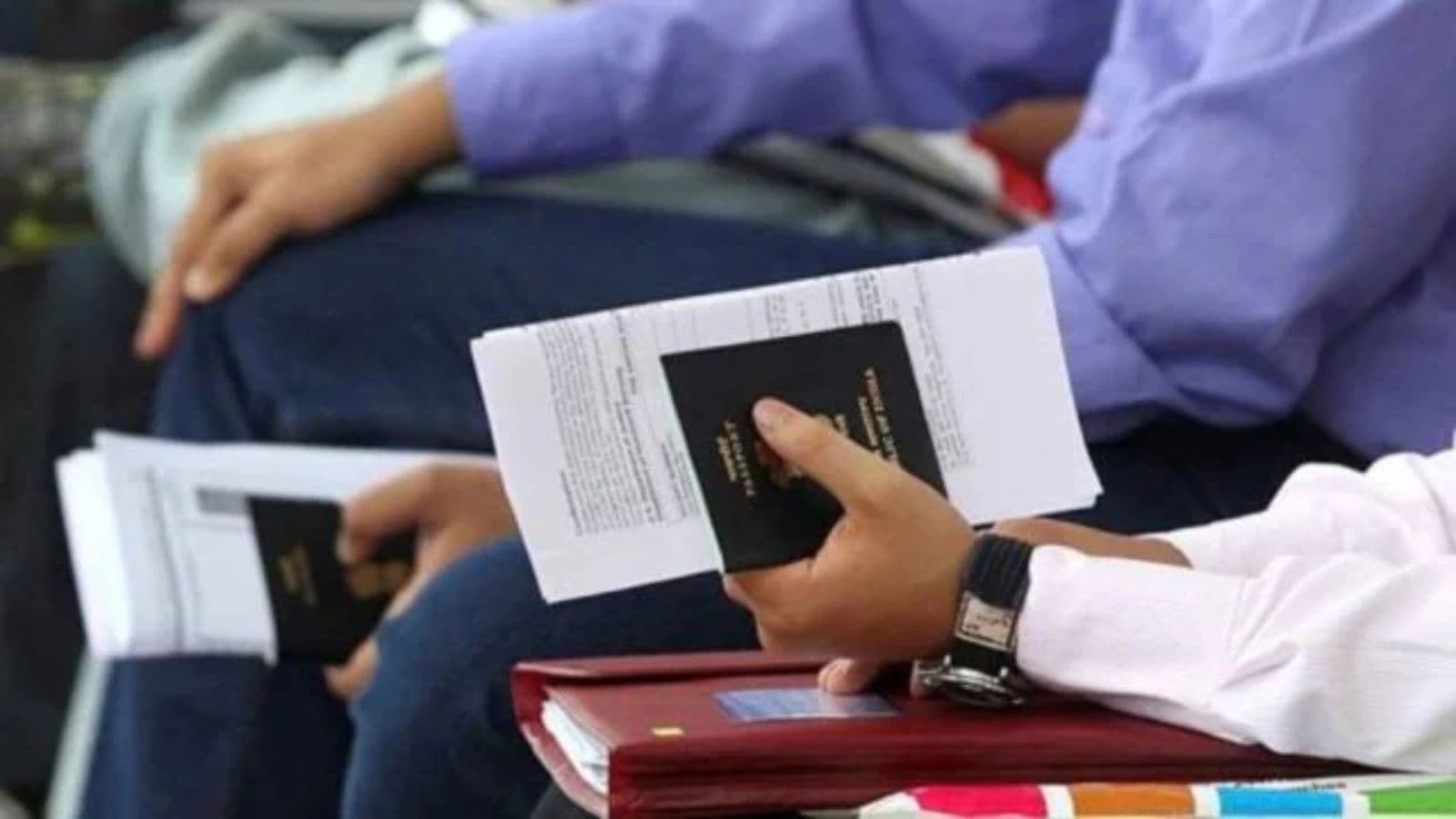USCIS Expands 'Good Moral Character' Test, Tightening Path to US Citizenship
This policy shift significantly raises the bar for Green Card holders aspiring to US citizenship, introducing subjective criteria that could lead to increased scrutiny and uncertainty for applicants.

Subscribe to our newsletter and stay informed about latest H1B news, policy updates and and other developments.
Article Summary
The Trump administration, via USCIS, introduced new rules to tighten US citizenship eligibility by expanding the 'good moral character' requirement. This directive moves beyond just avoiding serious crimes to a 'holistic assessment' of an applicant's behavior, adherence to societal norms, and positive contributions. Additionally, USCIS will screen applicants for 'anti-Americanism,' with unclear definitions, further impacting legal immigrants seeking naturalization.
Original Article: indianexpress.com
[ Sentiment: negative | Tone: factual ]
This summary and analysis were generated by TheNewsPublisher's editorial AI. This content is for informational purposes only; it does not constitute legal or immigration advice.
[ Sentiment: negative | Tone: factual ]
This summary and analysis were generated by TheNewsPublisher's editorial AI. This content is for informational purposes only; it does not constitute legal or immigration advice.
TNP AI: Key Insights
For skilled professionals on H-1B visas and Green Card holders, these tightened citizenship criteria introduce significant uncertainty, extending the period of vulnerability and increasing the complexity of their long-term immigration planning. Employers sponsoring these individuals may face increased challenges in retaining top talent if the path to permanent residency and citizenship becomes more arduous and unpredictable.
Historically, the 'good moral character' standard for naturalization primarily focused on the absence of serious criminal offenses. This new directive represents a substantial departure, moving towards a much broader, more subjective evaluation of an applicant's entire life and conduct, including non-criminal behavior.
The expanded definition, particularly the vague 'anti-Americanism' screening, could lead to inconsistent application and potential legal challenges, creating a chilling effect among applicants. This increased scrutiny places a greater burden on individuals to meticulously document positive contributions and could prolong processing times, adding to the already significant stress of the immigration journey.
This policy is likely to face scrutiny and potential legal challenges regarding its subjectivity and scope, especially concerning the 'anti-Americanism' clause. Its long-term impact on naturalization rates and the overall appeal of the U.S. for highly skilled immigrants will be a critical area to monitor, particularly as other countries actively compete for global talent.




